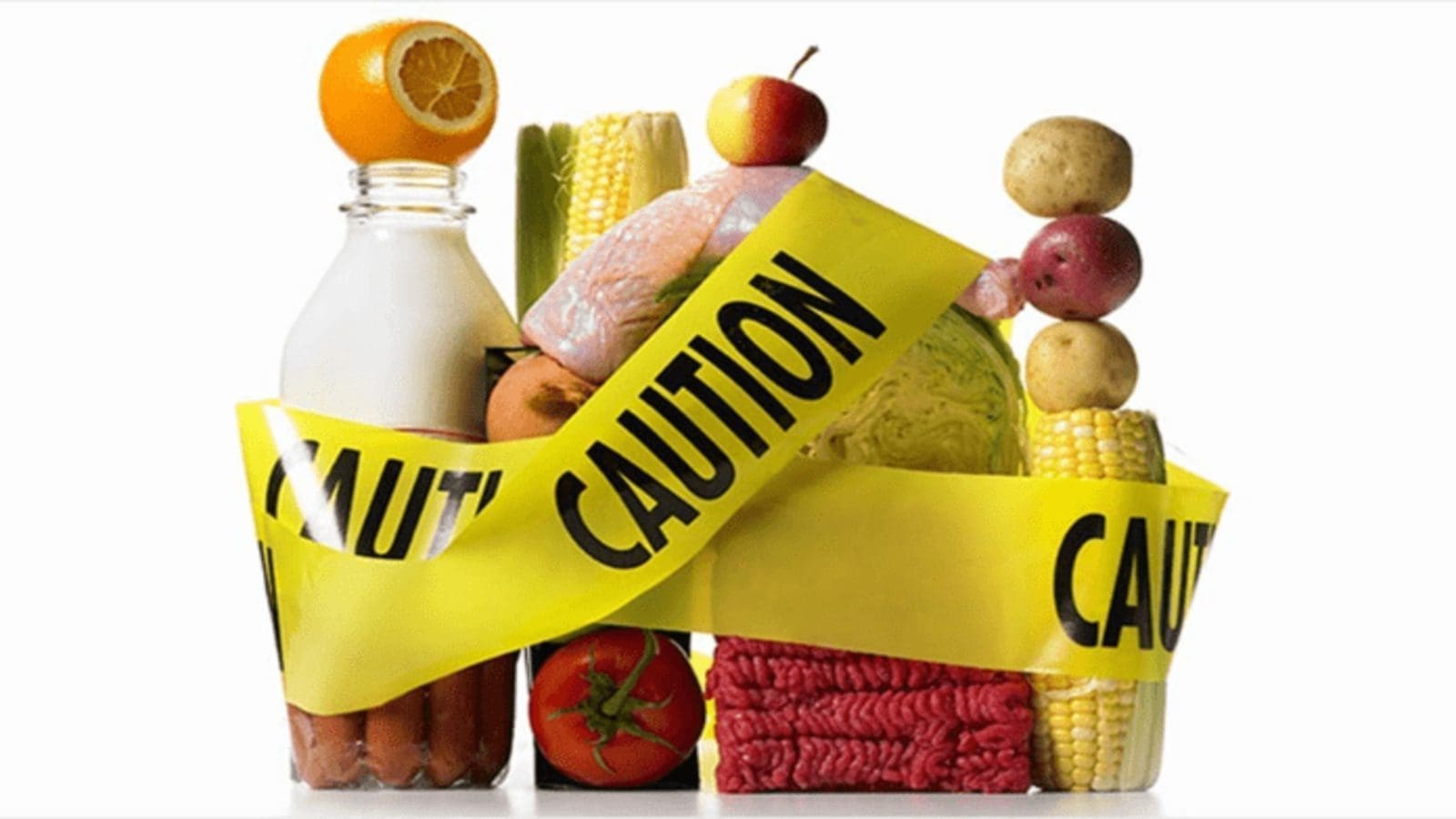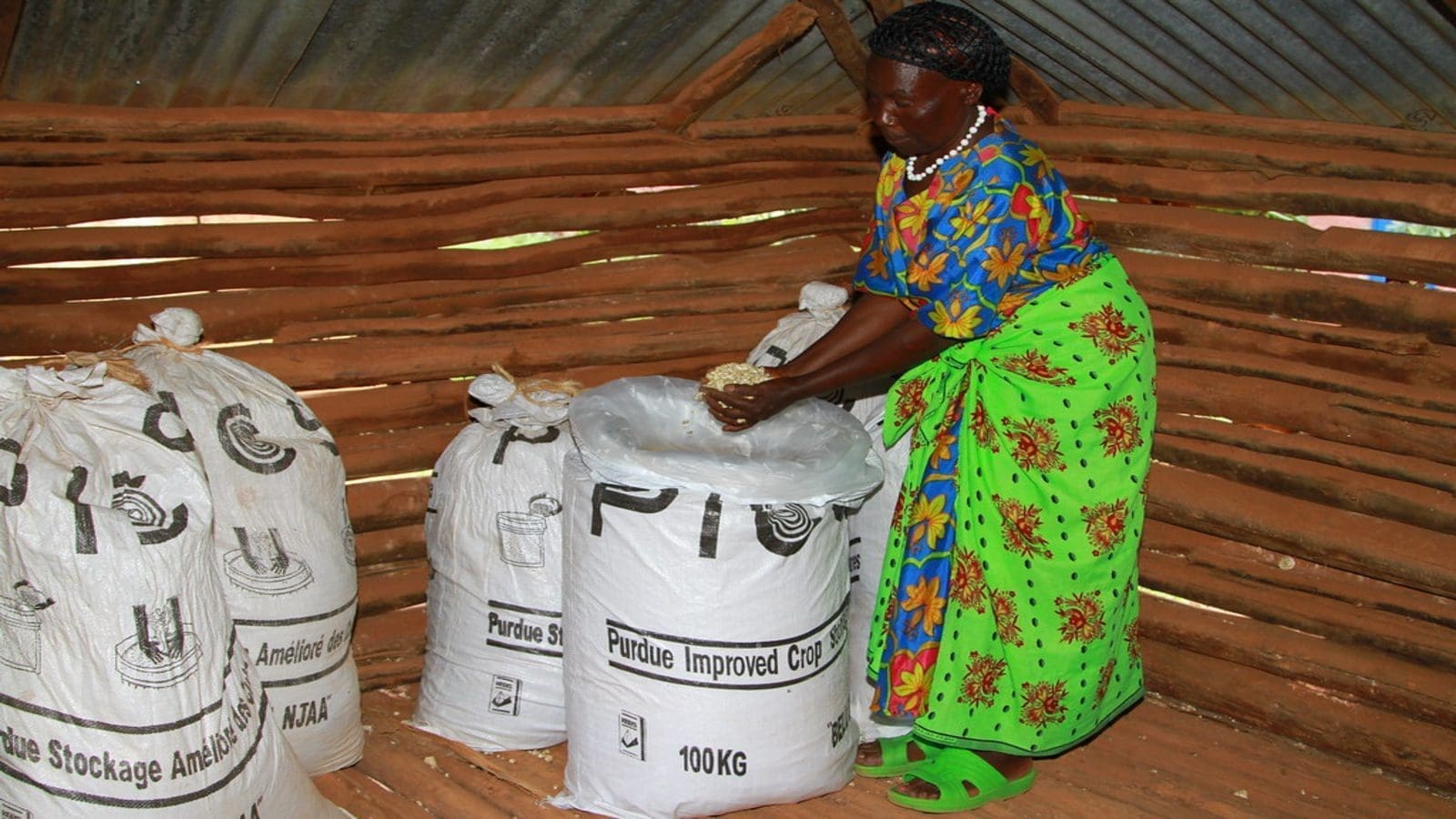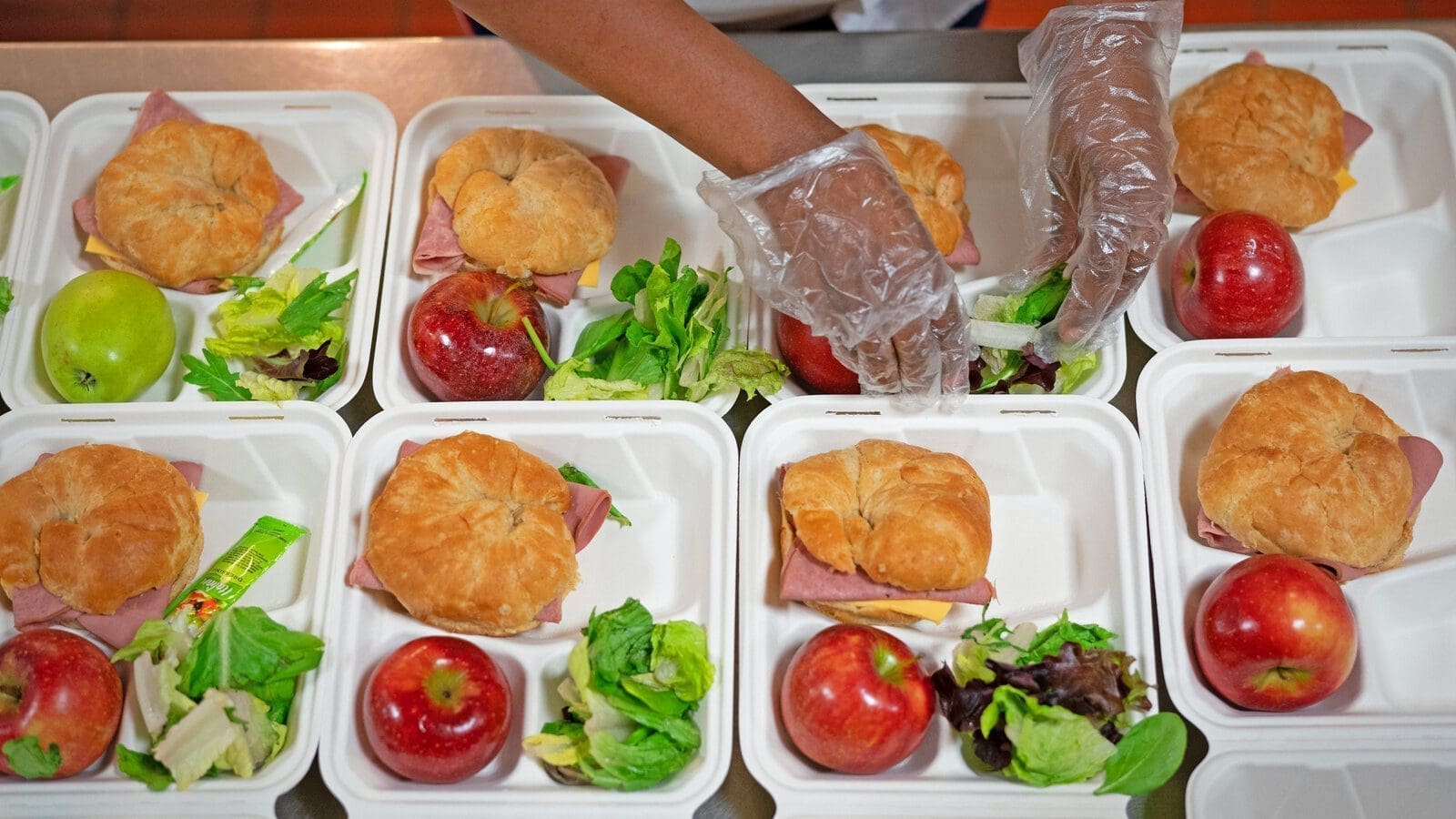U.S – The U.S. Food and Drug Administration (FDA) has announced that Florida has entered into a domestic mutual reliance agreement with the agency, joining California, Utah and Wisconsin states, in bid to curb foodborne illness outbreaks.
Erik Mettler, assistant commissioner for partnerships and policy in the FDA’s Office of Regulatory Affairs (ORA), pointed out that foodborne illness outbreaks are largely preventable, but when one occurs it can have devastating consequences for consumers.
“The FDA is committed to keeping Americans safe. As part of the U.S. Food and Drug Administration’s (FDA) commitment to keep Americans safe, we are using the domestic mutual reliance initiative, which enables us to strengthen our relationship with our regulatory partners and improve industry compliance to reduce foodborne illness outbreaks,” he highlighted.
The domestic mutual reliance agreements will support the FDA and states in relying on and leveraging one another’s work and data and coordinating activities and regulatory actions to achieve a safer national food supply.
As envisioned in the FDA Food Safety Modernization Act (FSMA), the Partnership for Food Protection and the New Era of Smarter Food Safety blueprint, the mutual reliance agreements will enhance the existing relationships with states and government counterparts, moving the nation toward an Integrated Food Safety System.
FSMA was signed into law in 2011 and enables the FDA to focus on the prevention of foodborne illness rather than relying primarily on reacting to problems after they occur.
“ A strong, integrated system is essential to a safe food supply. Mutual reliance between the FDA and individual states is one example of the many actions the agency is taking to address our nation’s increasingly complex food production and distribution systems,” said Michael Rogers, Assistant Commissioner for the Office of Human and Animal Food Operations in the FDA’s ORA.
Michael is optimistic that as more states sign mutual reliance agreements, it will help reduce redundancy and duplication of effort, optimize the impact of FDA’s collective oversight, and allow them to build on the long-standing relationships that they have with their state regulatory partners.
“This is truly a step forward towards achieving a seamless integrated food safety system between the federal and state regulators,” he added.
The FDA’s Rapid Response Team program exemplifies domestic mutual reliance in action during human and animal food emergencies. Effective federal-state communication channels enabled Giant Eagle, Inc., Hy-Vee, Inc., and the Kroger Co. to work with the FDA to quickly issue a voluntary recall of chicken street taco kits supplied by Reser’s Fine Food, due to the possibility the product may have contained an undeclared egg allergen. This collaborative effort ultimately protects the public from consuming unsafe food.
“This is truly a step forward towards achieving a seamless integrated food safety system between the federal and state regulators.”
The FDA will collaborate with partner states on data sharing, risk prioritization, inspections, outbreak investigations, development and monitoring of key metrics and laboratory capacity, among many other key focus areas.
The domestic mutual reliance framework provides opportunities for the FDA and partners to identify needs to better protect the public and leverage work from other regulatory programs. It also will offer support to build quality management systems and infrastructures to promote national regulatory program standards, while also leveraging training, outreach, and information exchange.
Liked this article? Subscribe to Food Safety Africa News, our regular email newsletters with the latest news insights from Africa and the World’s food safety, quality and compliance. SUBSCRIBE HERE








